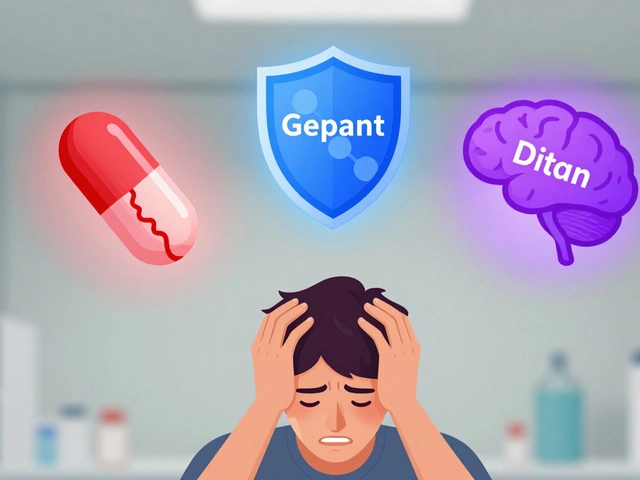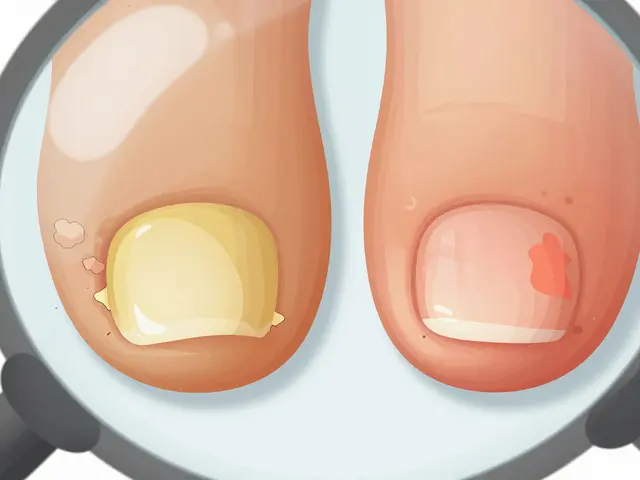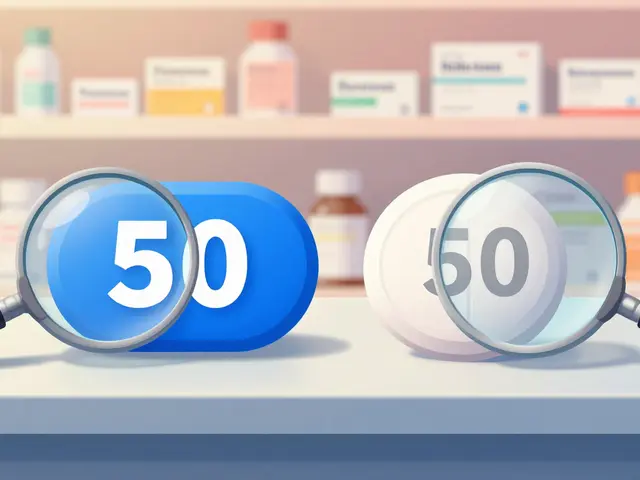Affordable Super Kamagra Online: Dosage, Side Effects, and Drug Interactions Explained
October 20 2025Weight Loss Medications: What Works and What to Watch For
Thinking about a pill or injection to help with weight loss? You’re not alone. Prescription drugs can help when diet and exercise aren’t enough. But they’re not magic. This page helps you understand the main types, how they work, safety concerns, and smart questions to ask your doctor.
How these drugs work
Most modern weight loss meds fall into two groups. One group controls appetite and cravings by acting on brain signals. GLP-1 drugs like semaglutide and tirzepatide make you feel full sooner and reduce food reward. The other group affects absorption or metabolism—some reduce calorie uptake, others change how your body handles fat and sugar.
Expect common effects like less hunger, slower eating, and smaller portions. Many people see steady weight loss over months when they stick with treatment and lifestyle changes.
Who should consider them and safety basics
Doctors usually reserve these drugs for people with BMI over 30, or over 27 with weight-related health issues like type 2 diabetes or high blood pressure. They’re not for quick fixes or cosmetic use.
Side effects are real. Nausea, diarrhea, constipation, and stomach pain are common with GLP-1s. There are rarer but serious risks too—pancreatitis, gallbladder problems, and possible thyroid issues in some cases. Tell your doctor about any personal or family history of pancreas or thyroid disease, heart disease, or severe psychiatric issues.
Interactions matter. Many weight loss meds can change how other drugs work or worsen certain conditions. Always list every medicine and supplement you take before starting treatment.
Cost and access can be hurdles. These drugs can be expensive and may need prior authorization from insurance. If you’re shopping online, use licensed pharmacies and verify credentials. Tools like PharmacyChecker or official pharmacy boards help spot legit sites. Avoid offers that don’t ask for a prescription—those are red flags.
Combine medication with lifestyle changes. Drugs work best when paired with realistic diet shifts, regular activity, and behavior changes. Expect a support plan: follow-ups, weight checks, and adjustments. Many clinicians recommend a 12-week trial to measure response and side effects.
Questions to ask your doctor: What weight loss can I realistically expect? How long should I stay on this drug? What side effects should I watch for? How will this interact with my current meds? What happens if I stop?
Short-term results can be encouraging. Long-term success needs a plan for maintaining weight and monitoring health. If you want help deciding, bring this list to your next appointment. Practical choices and careful monitoring make these medications useful tools—not miracles.
 18 Apr
18 Apr
Semaglutide Alternatives: 9 Options You Can Actually Try
Curious about options other than Semaglutide? This article breaks down nine real alternatives, how they actually work, and what you need to watch out for. No complicated jargon, just straight-to-the-point pros and cons. You’ll get practical facts, see how these choices compare, and spot myths you can safely ignore. Use this as your playbook if you want a clear-eyed look at what’s out there, so you can talk to your doctor without feeling lost.
Read More...




